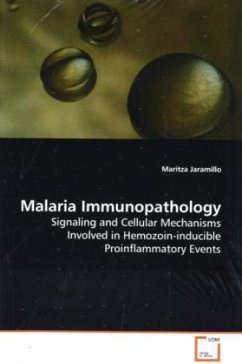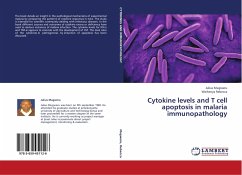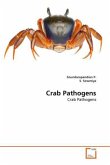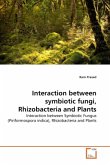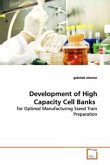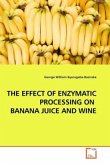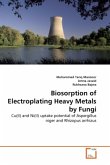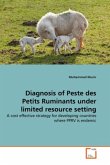Plasmodium is the causative agent of malaria, the
most deadly parasitic infection worldwide.
Pathogenesis of the disease involves an exacerbated
immunological response; however, the role of
parasite components remains largely unexplored. The
current study was designed to assess the
contribution of hemozoin (HZ), a metabolic product
of Plasmodium, to the inflammatory events
associated to malaria. HZ was found to induce
various macrophage functions (e.g. chemokine and
nitric oxide production) through specific signaling
pathways. Importantly, the proinflammatory activity
of HZ was demonstrated in vivo (e.g. leukocytosis,
chemokine and cytokine release) using a murine
model. These findings support the idea that HZ
participates in inflammatory mediator overproduction
during malaria and therefore, it could be a key
component in the development of the disease. HZ
might emerge as an attractive target to design new
therapeutic approaches against malaria to prevent
millions of deaths. This book should be especially
useful to graduate students and researchers
interested in understanding the molecular and
cellular basis of malaria pathogenesis.
most deadly parasitic infection worldwide.
Pathogenesis of the disease involves an exacerbated
immunological response; however, the role of
parasite components remains largely unexplored. The
current study was designed to assess the
contribution of hemozoin (HZ), a metabolic product
of Plasmodium, to the inflammatory events
associated to malaria. HZ was found to induce
various macrophage functions (e.g. chemokine and
nitric oxide production) through specific signaling
pathways. Importantly, the proinflammatory activity
of HZ was demonstrated in vivo (e.g. leukocytosis,
chemokine and cytokine release) using a murine
model. These findings support the idea that HZ
participates in inflammatory mediator overproduction
during malaria and therefore, it could be a key
component in the development of the disease. HZ
might emerge as an attractive target to design new
therapeutic approaches against malaria to prevent
millions of deaths. This book should be especially
useful to graduate students and researchers
interested in understanding the molecular and
cellular basis of malaria pathogenesis.

